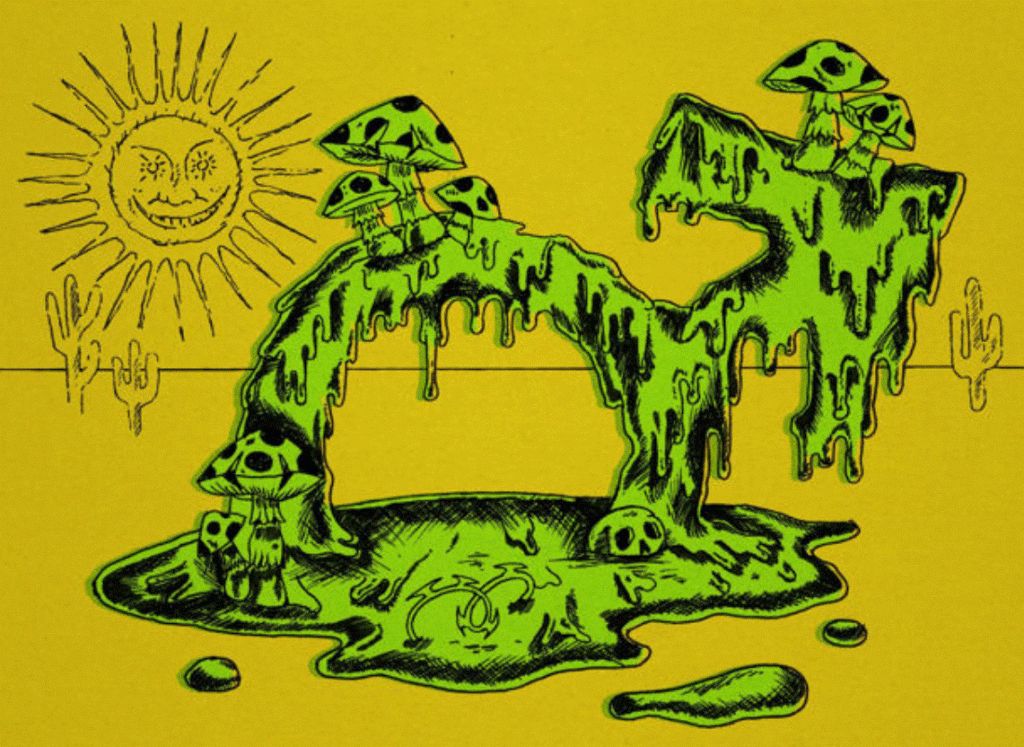
For some critics, the concept of toxic masculinity flattens the many layers of a complex social identity, including race, sexuality, class, and age. For this reason, some academics have come to prefer “hegemonic masculinity” or “machismo” or good old-fashioned “patriarchy.” And yet, according to social workers and educators on the ground, the divisiveness of toxic masculinity as a phrase can be an asset. “In my experience teaching violence prevention programs over the past decade, the tensions arising from the term’s popularity and infamy are an opportunity,” says Dr. Will McInerney, a researcher at the Centre for Women, Peace and Security at the London School of Economics. McInerney believes that when handled the right way, the reaction the term provokes can lead to engagement. “It’s an entry-point for men to think more critically about masculinity, the harms associated with some versions of it, and the possibilities of more equitable, less violent alternatives.”